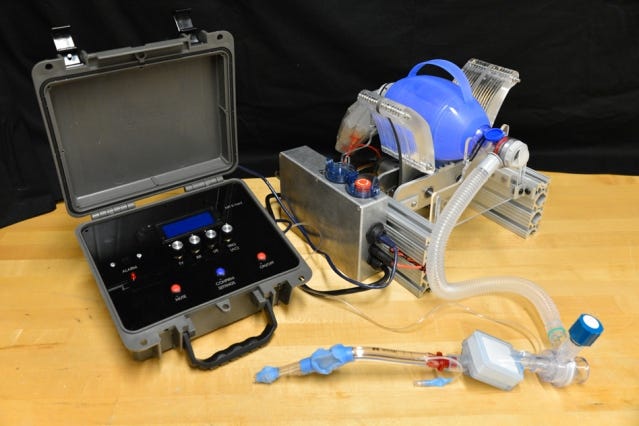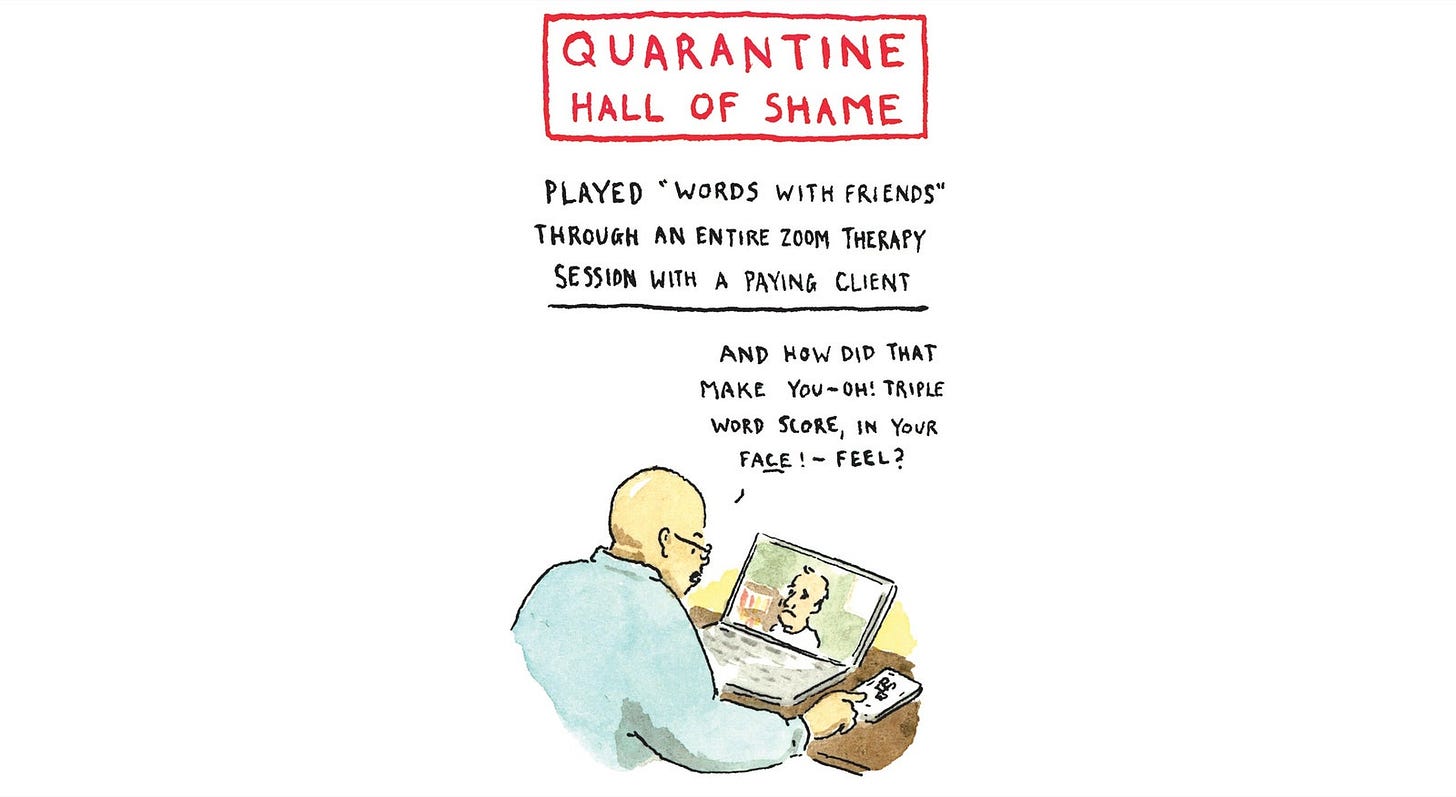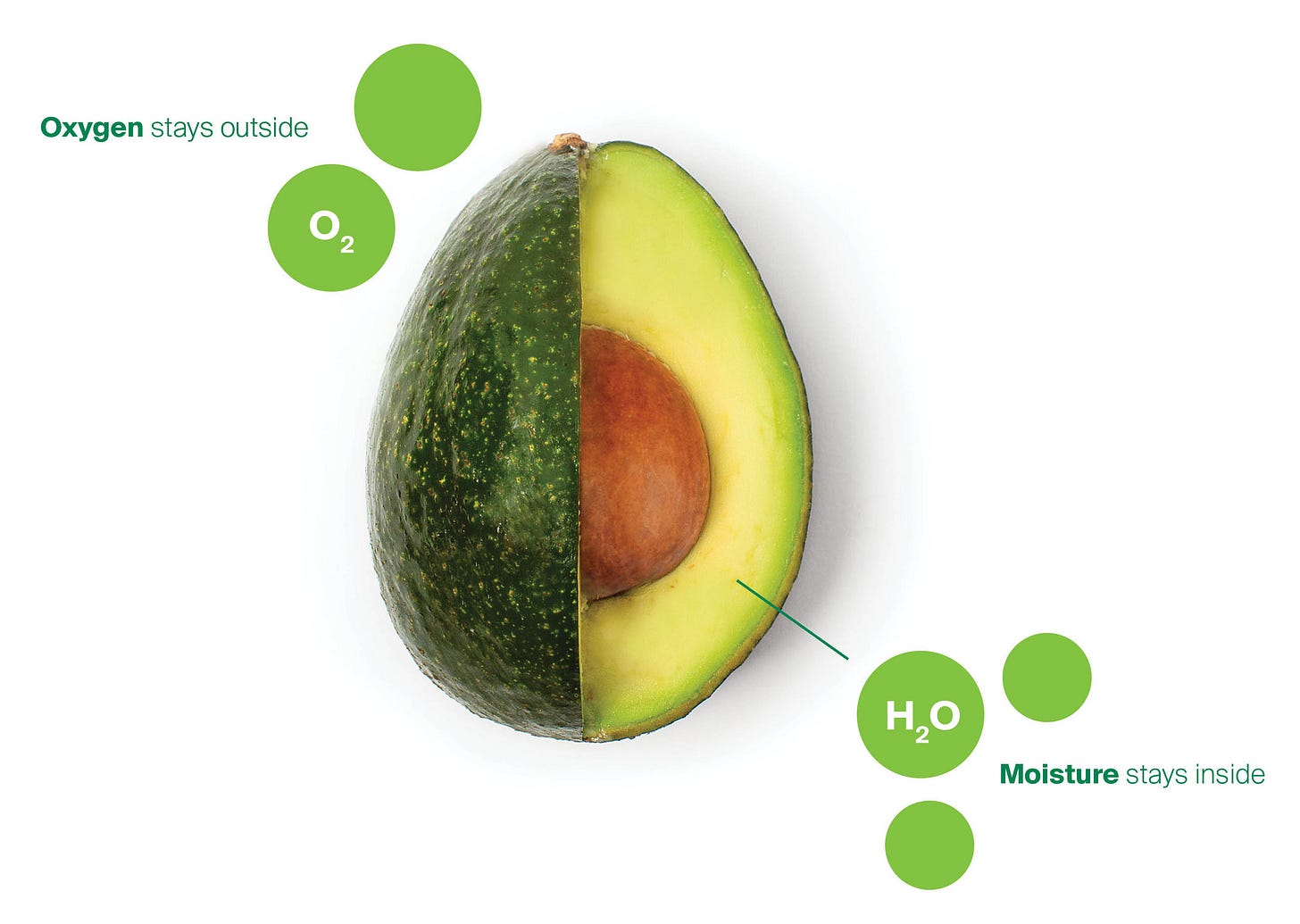Monday Mixtape (6/1/2020)
In This Week’s Issue: LA Riots, Open-Source Ventilators, Cough For Earth, Food Science, Genetic Outliers and Smart Socks.
Hey all,
I created Vitamin Z to keep friends informed on trends in health and wellness. With 1,000+ subscribers and counting, I’ve received so much positive feedback already. And I’m working hard to make it better every week. If you like it, please share the newsletter with a friend!
LA Riots
It was a scary, surreal weekend in Santa Monica. Just as restaurants and small businesses began to reopen, the city was decimated Sunday by rioting and looting. The day began with peaceful protests and ended with at least 130 stores damaged, looted, or destroyed.
The protests took place as LA reported the largest single-day total of coronavirus cases since the pandemic began, confirming another 2,112 cases of Covid-19.
There seemed to be little connection between the peaceful protest I attended (mostly locals) and the mayhem that happened later (mostly kids from out of town). It was two different groups.
On a positive note, it‘s been heartening to see the neighborhood come together Monday to clean up. Hundreds of volunteers - families, kids helping out. Inspiring to see.

How can lateral thinking help in a crisis?
In his book RANGE, David Epstein argues most breakthroughs result from interdisciplinary or cross-functional learning and idea transfer (see my recap of the book here).
The best innovations happen when someone from a far-away field brings new thinking and fresh approaches.
There’s a great quote from Lin-Manuel Miranda: “I have a lot of apps open in my brain right now.”
Lateral thinking is powering a new wave of healthcare innovation. Like this ragtag group of engineers and doctors designing better nasal swabs for Covid-19 testing. Their work could open the door for widespread at-home testing.
And this motley crew from MIT building a low-cost, open-source ventilator. The consortium, MIT E-Vent, expects to deliver hundreds of units to hospitals around the country. They’ve made their design open-source so others can build off their work.

Mind and Body
Sleep Health
We’re living through what Stanford Professor and sleep expert Donn Posner calls the “perfect storm of sleep problems.” More screen time, oddly-timed meals, above-average drinking, general inactivity, and anxiety. All contribute to poor sleep.
Light is the biggest determinant of sleep quality, says Stanford neuroscience professor Andrew Huberman. It’s good to get a few minutes of sunlight exposure each morning upon waking. This sets the master circadian clock that aligns all the other clocks and cellular functions in the body.
Other good sleep hacks: blue light blockers on your computer, red incandescent lights in the bedroom, a cold shower before bed, and a good book (no screens!).
Virtual Talk Therapy
Loneliness, anxiety, depression: If you’re like me, you’ve struggled with at least one. I enjoyed reading this Adam Gopnik piece on remote therapy. How does treatment change when your patients are on a screen?
“There’s an embodiment that happens when you’re with a person. As therapists, we use our own counter-transference, our watchful, hovering empathy, to do our work. That’s difficult online.”

Cool Startup News
Apeel Sciences
It’s the peel-perfect startup for sustainability-minded celebrities: Katy Perry and Oprah Winfrey joined a $250 million investment in Apeel Sciences. The company creates a natural coating for the exterior of fruits and vegetables such as avocados, asparagus, and citrus to extend their shelf life and prevent food waste.

Health Immunity and Food
How can the food we eat help build our immunity and lessen the effects of Covid-19?
My friend Diane Hatz (executive director of the nonprofit Change Food) is moderating a panel Thursday on Health Immunity & Food: Mitigating the effects of Covid-19. She’ll be joined by Dr. William Li of the Angiogenesis Foundation and author of "Eat to Beat Disease," and Chef/Owner of Dirt Candy, Amanda Cohen.
You can register for the event here.
Genetic Outliers
The Sherpa people live at high altitudes in Nepal and the Himalayas. Scientists wonder: How are they able to lead healthy, active lives with blood oxygen levels far below what most humans need to function properly?
That’s what Variant Bio is trying to figure out. The company is searching the globe for people who are medical or genomic outliers to identify the genes and pathways driving these traits and develop new drugs. Variant announced a new investment last week from Lux Capital.
Smart Socks
Can a pair of socks help those with diabetes avoid foot amputations?
That’s the idea behind Siren, which raised $11 million to develop smart, washable fabric wearables. The smart socks help people with diabetes monitor their foot health and detect dangerous injuries early.
Race for a Vaccine
How will the pandemic end? Last week a panel of biotech leaders discussed Covid-19 vaccine development. Topics included: How we’ll beat Covid-19; how to earn the public trust in a vaccine; and how we may even leave our healthcare system better after the SARS2 virus.
My recap of the discussion: 8 Questions on the Race for a Covid-19 Vaccine.
There are ways to accelerate the development process, writes former FDA commissioner Scott Gottlieb M.D., but it’s important not to cut corners. There’s a risk that a vaccine could make a small number of patients more susceptible to Covid-19.
A poll shows that only 50% of the US population would take a Covid-19 vaccine even if it were proven to be safe & effective. To get effective vaccines and make sure the public is willing to take them, we need a development plan that earns the trust of Americans.

Testing
While the US has ramped up its testing capabilities, we’re still far short of what experts think is needed to reopen the economy safely. How can tech innovation help?
DNA-based Testing
Ginkgo Bioworks raised $70 million to build out DNA-based Covid-19 testing on a massive scale. If successful, DNA sequencing might allow testing efforts to scale up more quickly.
Cough For Earth
Another approach to testing comes from my friends at Bowhead Health. They’re part of the Cough for Earth consortium – a group of engineers and doctors who believe there may be a unique vocal biomarker to Covid-19 patients.
The idea is to diagnose a patient based on the sound of their cough. Bowhead’s tool could be used for advanced triage, helping doctors identify high-risk people and treat them more quickly.
Tweet of the Week
Brought to you by Dave Itzkoff of the New York Times. He is known on Twitter for always having the perfect Simpsons meme for any occasion. This week he didn’t disappoint:
Thank you for reading and providing feedback on this newsletter. If you like Vitamin Z, please subscribe and share with others. Thank you!
Until next week,
Daniel Zahler





